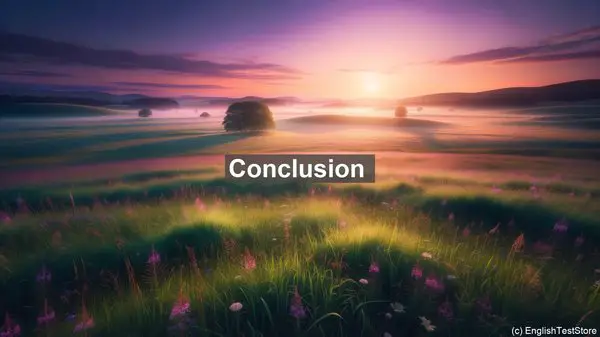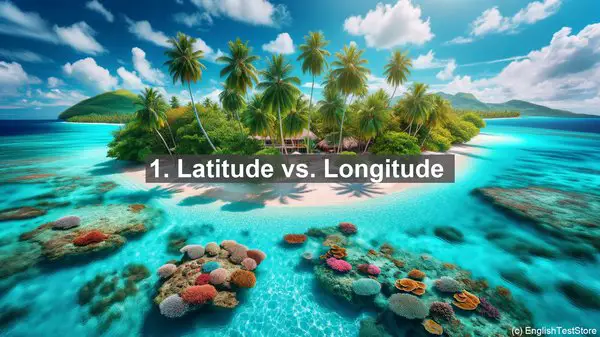Introduction
Geography is a fascinating subject, but it can also be confusing at times. In today’s lesson, we’ll be discussing the top 10 commonly confused words in geography. By understanding the differences between these terms, you’ll have a stronger grasp of the subject. Let’s get started!
1. Latitude vs. Longitude
Latitude and longitude are both measurements used to determine a location on Earth. However, they have distinct differences. Latitude measures the distance north or south of the equator, while longitude measures the distance east or west of the prime meridian. Remember, latitude is ‘flatitude’ and measures horizontally, while longitude is ‘long’ and measures vertically.
2. Weather vs. Climate
Weather and climate are often used interchangeably, but they refer to different aspects. Weather describes the short-term conditions in the atmosphere, such as temperature and precipitation, while climate refers to the long-term patterns of weather in a particular area. Think of weather as ‘what you get’ and climate as ‘what you expect.’
3. Erosion vs. Weathering
Erosion and weathering both involve the breaking down of rocks, but they occur through different processes. Weathering is the gradual disintegration of rocks through exposure to elements like wind and water. Erosion, on the other hand, involves the movement of weathered materials, such as sediment, by agents like rivers and glaciers.
4. Delta vs. Estuary
Deltas and estuaries are landforms associated with rivers, but they have distinct characteristics. A delta is a landform that forms at the mouth of a river, where sediment is deposited, creating a triangular shape. An estuary, on the other hand, is a partially enclosed coastal body of water where freshwater from a river meets the saltwater of the ocean.
5. Archipelago vs. Peninsula
An archipelago and a peninsula are both landforms surrounded by water, but they have different configurations. An archipelago is a group of islands, while a peninsula is a piece of land that is almost entirely surrounded by water but connected to the mainland. Think of an archipelago as ‘islands in a group’ and a peninsula as ‘almost an island.’

6. Tornado vs. Hurricane
Tornadoes and hurricanes are both powerful weather phenomena, but they have different characteristics. A tornado is a violent, rotating column of air that forms over land, often in association with severe thunderstorms. A hurricane, on the other hand, is a large, swirling storm that forms over warm ocean waters and is characterized by a well-defined eye.
7. Tributary vs. Distributary
Tributaries and distributaries are terms used to describe the flow of water in a river system. A tributary is a smaller river or stream that flows into a larger river. A distributary, on the other hand, is a branch of a river that flows away from the main channel. Think of a tributary as ‘joining’ and a distributary as ‘dividing.’
8. Plateau vs. Plain
Plateaus and plains are both flat landforms, but they have different characteristics. A plateau is a high, flat area of land that is usually elevated above the surrounding terrain. A plain, on the other hand, is a broad, flat area of land that is generally at a low elevation. Think of a plateau as ‘high and mighty’ and a plain as ‘low and flat.’
9. Bay vs. Gulf
Bays and gulfs are both bodies of water that are partially enclosed by land, but they differ in size and shape. A bay is a smaller body of water that is partially surrounded by land, while a gulf is larger and has a more significant indentation into the coastline. Think of a bay as ‘small and cozy’ and a gulf as ‘wide and open.’
10. Glacier vs. Iceberg
Glaciers and icebergs are both formed from frozen water, but they have different locations. A glacier is a large mass of ice that forms on land and moves slowly downhill under the force of gravity. An iceberg, on the other hand, is a piece of ice that has broken off from a glacier and is floating in the ocean. Think of a glacier as ‘on land’ and an iceberg as ‘in the ocean.’

